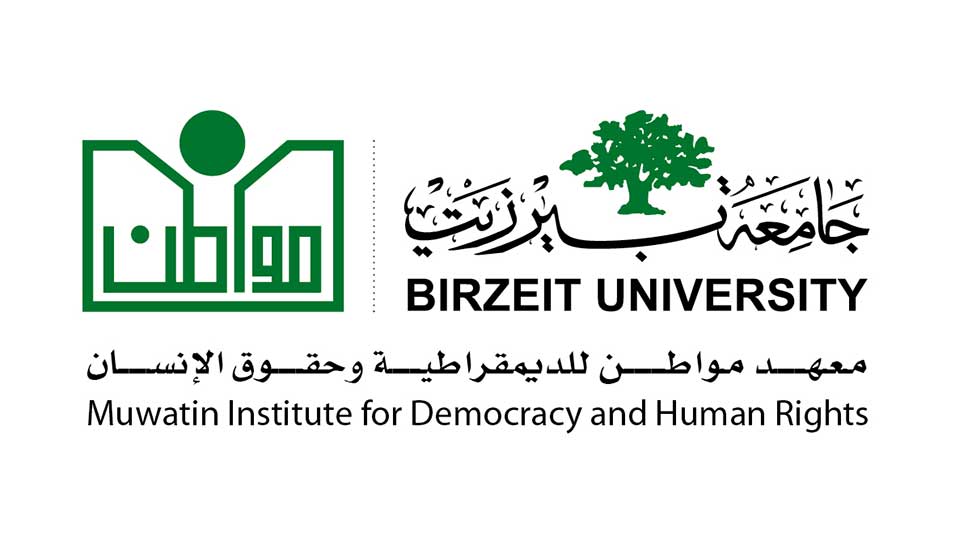In situation analysis, Birzeit University’s Muwatin institute argues for a re-evaluation of politics in Palestine
The Muwatin Institute for Democracy and Human Rights at Birzeit University has recently released a situation analysis examining how Palestinians can utilize the electoral atmosphere as a way to unify efforts towards a national Palestinian goal.
The analysis is based on a patriotic non-partisan view on the state of Palestinian politics and political goals in relation to the overall context and history of the national struggle for emancipation.
A central argument in the analysis is that an approach focusing on maximizing political participation can help restart and rejuvenate the Palestinian political endeavor. Indeed, the analysis calls for a pluralistic perspective that encourages youth, women, and union-based movements, among others, to participate in political decision-making and share a role in setting the broad outlines of the national Palestinian movement.
The electoral environment, the analysis postulates, are a tool to effect change, not an end in and of themselves. As a tool, they should be utilized to achieve the greater good for the Palestinian community as a whole, not to consolidate power in the hands of a selected few.
The provided analysis identifies four main pillars to a new political approach that can help address the external and internal factors exacerbating the current Palestinian political crisis, such as the normalization of relations between some Arab countries and Israel occupation, and the self-destructive internal Palestinian political divisions. These pillars are:
1- Ensuring that no one single party or entity could take complete control of the government and the political process. This includes abolishing the practice of political slicing, whereby certain parties or entities are guaranteed a position in the parliament or the government.
2- Ensuring that the government’s political legitimacy is continually and periodically verified through free, open, and democratic means.
3- Ensuring that no one party or entity can have a right to veto, including the decision to hold elections, as this right allows its holders to hold the people hostage to parties, rather than having parties accountable to people.
4- Ensuring wider political participation across all segments.
To read the full situational analysis paper (in Arabic), follow this link.







